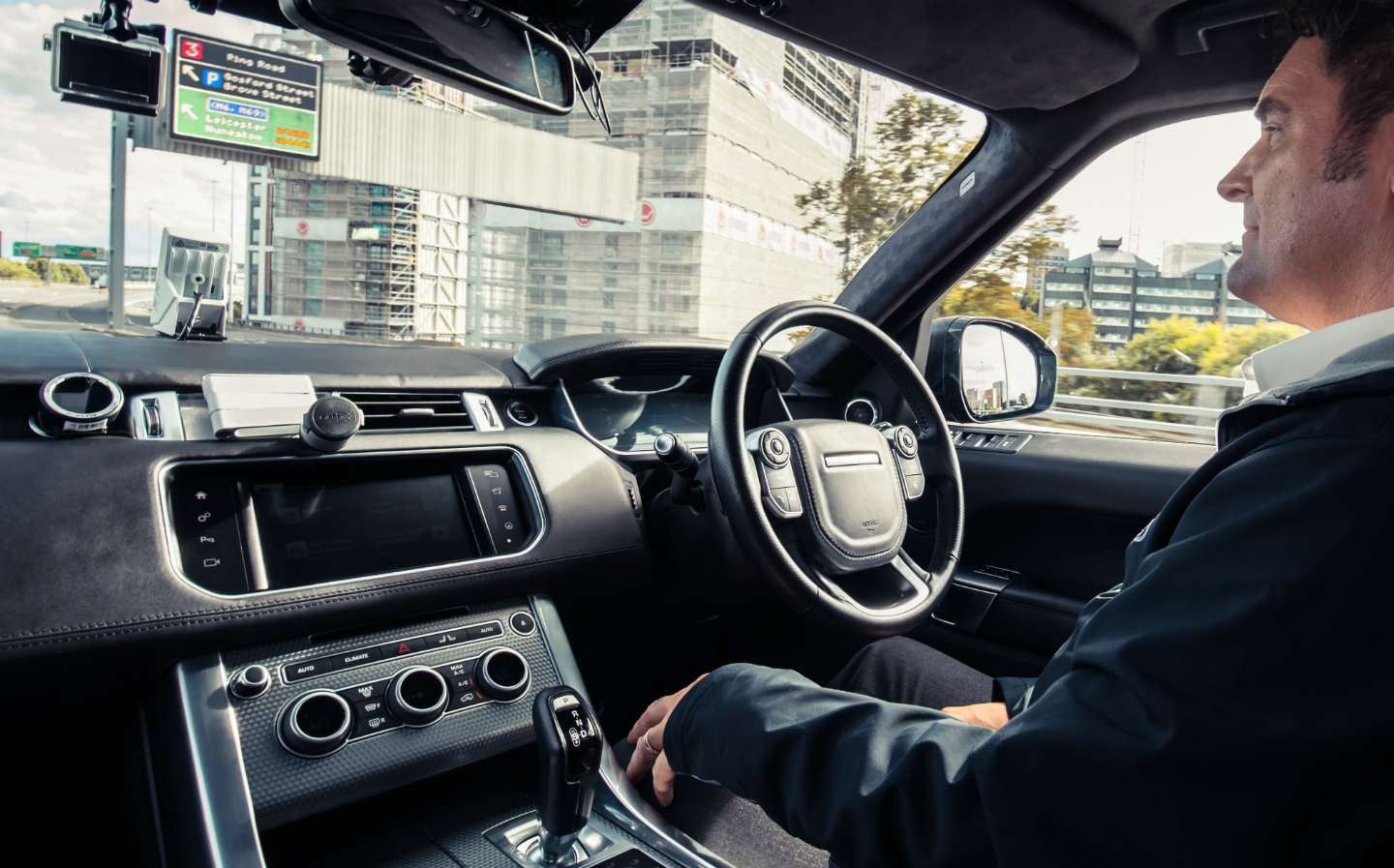Advanced self-driving car trials held back by potholes and poor 4G coverage
Brits are most wary of autonomous vehicles, too
MOTORISTS in the UK may see self-driving cars being trialled on the road before the end of the year — but drastic measures must be taken to remove potholes and improve the mobile broadband coverage if the technology is to take off, a new report says.
A week after the Department for Transport announced it was relaxing its rules for autonomous car trials, scrapping the requirement for a dedicated “safety driver”, analysis by consultancy KPMG found that testing is being held back by the poor quality of infrastructure.
Britain “lags behind other countries in 4G coverage”, according to the study, preventing autonomous vehicles from communicating with each other and traffic systems effectively.
KPMG says the quality of roads is also a problem, particularly small local streets where complaints about potholes were high.
Last week the DfT said that trials of cars on public roads without a safety driver would be possible before the end of the year, with commercially available autonomous vehicles on public roads by 2021. Ministers said the technology could be worth £52bn to Britain by the mid-2030s.
However, KPMG’s study into how well countries are prepared for the driverless revolution said that while Britain is a world leader on the “policy and legislation”, and that the government had a “forward-thinking approach”, it was 19th out of 25 nations for its 4G coverage and 13th for the state of its roads. As such, Britain ranked seventh overall for autonomous vehicle development.
The Netherlands was judged to be the best prepared, followed by Singapore, Norway, the US, Sweden and Finland.
Researchers also asked 100 people in each country for their opinions of self-driving cars. Brits proved to be the least accepting of all.
“Ultimately, the consumer is going to drive the pace of adoption of autonomous vehicles,” said Richard Threlfall, from KPMG. “Without broad consumer acceptance, it will be difficult for a market to develop.”
Responding to the relaxing of the rules on autonomous vehicle trials last week, Matthew Avery from UK car safety body Thatcham Research said: “We support the Government’s ambition to position the UK at the vanguard of technology development. We also welcome the advent of fully automated cars and the many benefits to mobility and car safety they will bring.
“However, the desire to accelerate the implementation of these technologies while keeping all road users safe is a delicate balancing act. Safety must be a key priority, and this must not be compromised to achieve a leadership position.”
Tweet to @J_S_Allen Follow @J_S_Allen
This brand has been voted most-trusted for self-driving cars
After Uber’s fatal crash, will driverless cars ever become a reality?





